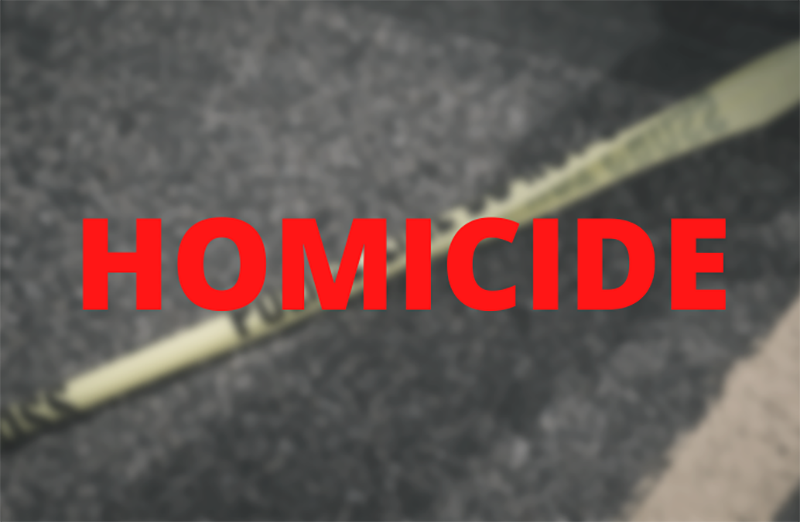
Thank you for reading D.C. Witness. Help us continue our mission into 2024.
Donate NowBy
Sadie Herman [former]
- October 3, 2023
Court
|
Daily Stories
|
Homicides
|
Shooting
|
Suspects
|
Victims
|
This case has been acquitted.
On Oct. 3, prosecutors called forth more witnesses to testify in a 2017 homicide case before DC Superior Court Judge Robert Okun.
Cedric Alexander, also known as Tony White, 52, is charged with first-degree murder while armed, robbery while armed, two counts of possession during a crime of violence, unlawful possession of a firearm with a prior crime of violence, and carrying a pistol without a license outside the home or place of business with a prior felony for his alleged involvement in the fatal shooting of 38-year-old Daquan Hooks on the 1900 block of 13th Street, SE on March 23, 2017.
A Department of Defense (DoD) technician said she took photos, DNA samples, and latent fingerprints from Hooks’ vehicle after it was recovered. She said she found a cartridge casing on the driver’s seat and a wallet in the center console, then turned those items in to be processed.
During cross examination, Alexander’s attorney, Sellano Simmons, questioned the witness about where she took DNA samples. The witness said she checks for DNA anywhere where an individual might touch the vehicle, like the rim surrounding a rearview mirror.
Simmons said that DNA could just potentially identify an individual. The witness said she is not responsible for analyzing the evidence, only testing it.
Then prosecutors called forth an FBI Special Agent to discuss cell site data and geolocation evidence.
The witness said Alexander was the last person to share phone contact with Hooks prior to his phone’s going straight to voicemail.
According to the agent the cell site closest to Hooks’ phone shows eight calls prior to his death, all of which were to Alexander. This allegedly makes Alexander the last person to speak to Hooks prior to his death.
When cross examined, Simmons asked if cellular devices would always connect to the nearest cell site tower.
The witness replied, “no”, and in some cases devices will connect to cell sites with the strongest signal, and not the closest.
Simmons then argued that it’s not always possible to tell if a cell tower is closest to a phone call, and that the analysis may have some inaccuracies.
The trial is set to resume Oct. 4.
Notifications are not yet available for this specific case. Please check back later for updates. Thank you.